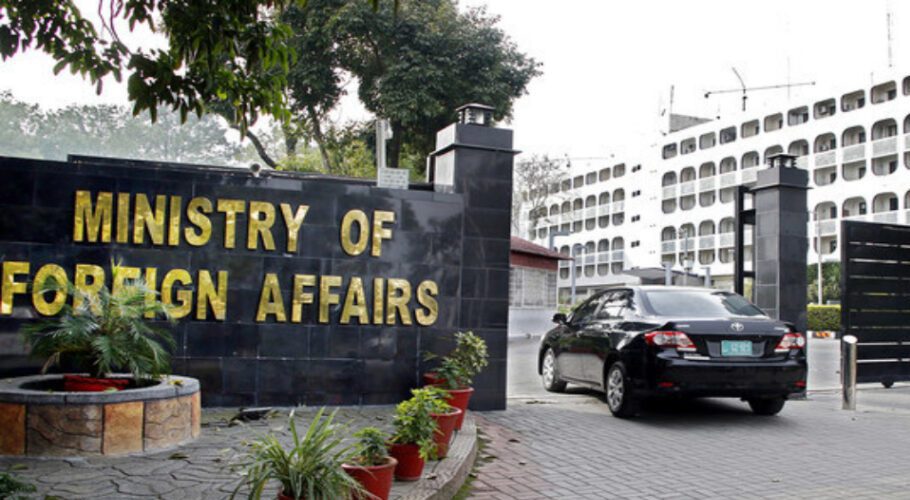The recent grisly murder of Noor Mukadam, the 27-year-old daughter of a former Pakistani diplomat, by the scion of a wealthy business family has raised many questions regarding the safety and security of women in the country. It would not be an exaggeration to describe Pakistan as no country for women.
Although most crimes against Pakistani women go unreported, a few local/international NGOs and media houses do come out with some eyebrow-raising statistics in this context from time to time.
For example, a few years ago, the London-based “Thomson Reuters Foundation” had ranked Pakistan as the sixth most dangerous country in the world for women. Eminent British newspaper “The Guardian” had also quoted this survey report in its May 9, 2019 edition.
Domestic violence against women, including murders and honour killings, are commonplace occurrences in Pakistan. However, the concern is when will this gender-based violence end in Pakistan and why it is increasing?
Even, domestic violence bills can’t contest these processes. They can’t resolve underlying issues of education, mental health, or opportunity, though they aim to deter the resulting, more apparent, acts of crime. Bills are passed on to people who either don’t know how to implement or just don’t want to.
On the other hand, women in Pakistan are blamed for putting themselves in dangerous situations; or in the case of marital rape, not being subservient. The judiciary has a very small percentage of female judges and hardly any female public prosecutors.
Trials are held in open court, with nothing barring onlookers from making gestures that mock victims. Minors are not awarded special care, nor shielded during the identification process and given in-camera trials as a matter of routine. Bails are granted casually when the crux of the evidence is based on medical findings. Offenders, once released, find ways to torment the victims and their families, against which the state awards no tangible protection.
The death of Noor Mukaddam, the deaths of so many women who have died at the hands of bloodthirsty men, is what weighs on us now. Such cases have suddenly made us all feel the burden of the bodies of dead women killed by our inability to punish men.
We grieve for Noor but we also gasp at the truth that Pakistan is a femicidal nation where we silence all women who disobey, anger or even irritate a man.
To make justice accessible, laws must be put in place for women who may be deterred due to social and psychological reasons from reporting. More importantly, the government needs to legislate on sexual offences that have not yet translated into legal language in order to award women legal protection.


























